
Maximizing Efficiency: The Impact of Excavator Hydraulic Cylinder Technology on Construction Productivity
The construction industry has witnessed significant advancements in machinery technology, particularly in the realm of excavation. The Excavator Hydraulic Cylinder plays a vital role in enhancing operational efficiency and productivity on construction sites. According to a report from the Construction Equipment Manufacturers Association (CEMA), the productivity of excavators has increased by as much as 20% over the past decade, largely attributed to innovations in hydraulic systems. These advancements allow for quicker response times, improved lifting capabilities, and reduced fuel consumption, ultimately leading to lower operational costs.
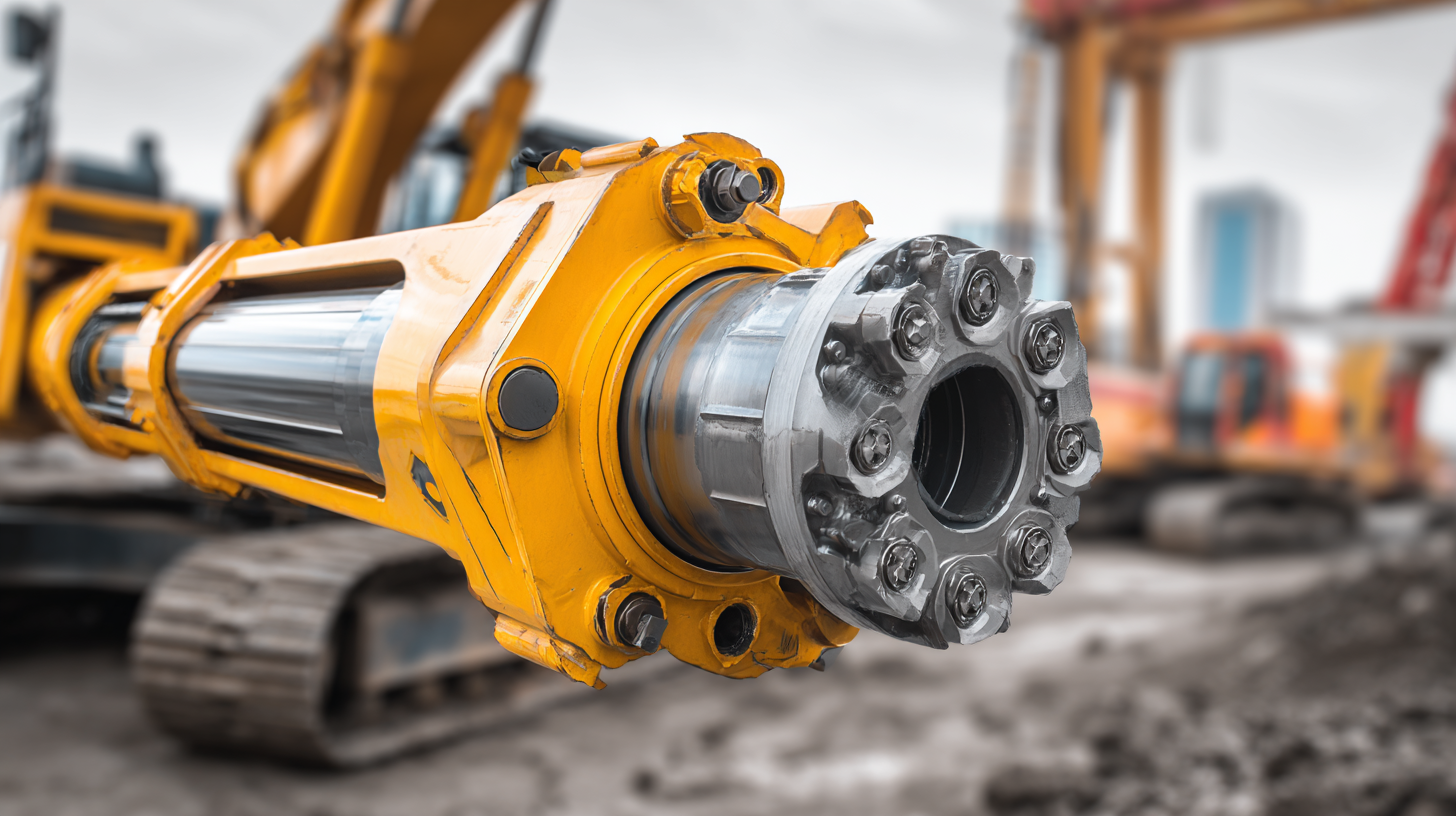
As construction projects become increasingly demanding, the integration of high-performance Excavator Hydraulic Cylinders has emerged as a pivotal factor in maximizing efficiency, enabling contractors to complete tasks faster and with greater precision. This article explores the influence of these hydraulic technologies on construction productivity, emphasizing their importance in a rapidly evolving industry.
Understanding the Basics of Excavator Hydraulic Cylinder Technology
Excavator hydraulic cylinder technology plays a crucial role in enhancing the productivity of construction projects. These hydraulic systems are designed to convert fluid power into mechanical energy, providing the necessary force to lift and move heavy loads with precision. Understanding the basics of how these hydraulic cylinders function is essential for anyone involved in construction or heavy equipment operation. They rely on hydraulic fluid to transmit force, which allows for smoother and more efficient operation compared to traditional mechanical systems.
Tips for maximizing efficiency with excavator hydraulic cylinders include regular maintenance to ensure optimal performance and checking for leaks regularly. Also, familiarize yourself with the operational limits of the hydraulic system to avoid overexertion, which could lead to premature wear or failure. Lastly, operator training on proper controls can significantly enhance the productivity and safety of equipment operation.
Moreover, advancements in hydraulic technology, such as improved materials and designs, contribute to better responsiveness and control. As seen in other industries, like Formula 1 racing, where complex hydraulic systems manage various car subsystems, excavator hydraulic cylinders are evolving to meet the demands of modern construction, allowing for faster and more efficient workflow. Leveraging these technologies not only improves productivity but also reduces operational costs in the long run.
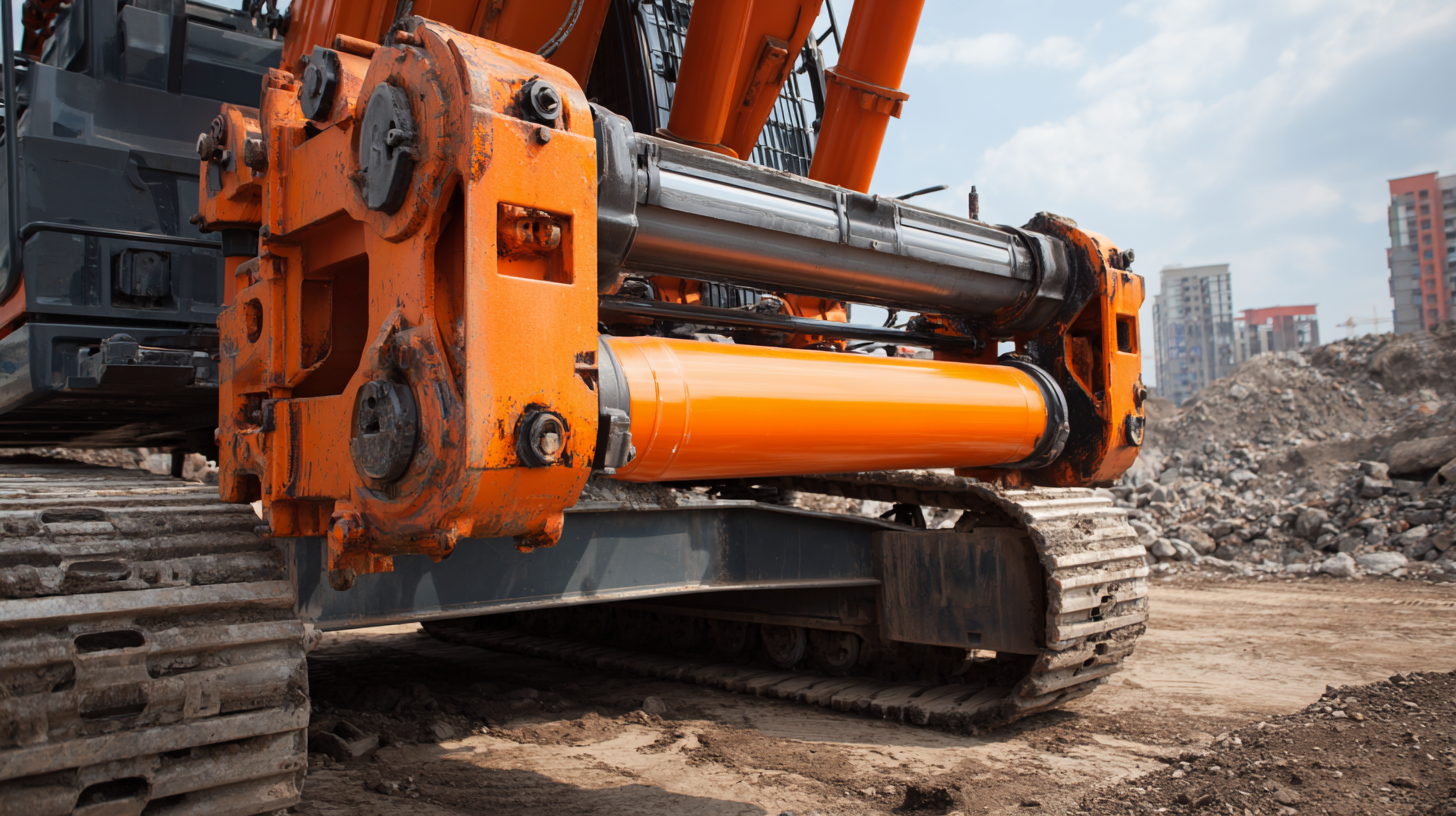
Key Innovations in Hydraulic Cylinder Design for Enhanced Performance
The advancement in hydraulic cylinder technology has significantly influenced construction productivity by enhancing the performance of excavators. Key innovations in hydraulic cylinder design have led to improved efficiency and effectiveness in construction operations. For example, the integration of advanced materials such as high-strength polymers and metal reinforcements has resulted in lighter yet more durable hydraulic cylinders. This not only reduces the overall weight of construction equipment but also provides higher resistance to wear and tear, contributing to longer service life and decreased maintenance costs.
According to industry reports, the hydraulic cylinder market in the Middle East was valued at approximately $342.1 million in 2024, with projections indicating a rise to $500.3 million by 2033. This growth is largely driven by the increasing demand for efficiency in construction processes, underscoring the pivotal role of hydraulic cylinder innovations. Enhanced designs, such as compact and more efficient cylinders, facilitate greater maneuverability and power, allowing construction projects to be completed faster without sacrificing safety or quality. The application of cutting-edge technologies in hydraulic systems is transforming traditional construction methodologies, leading to substantial improvements in productivity across the sector.
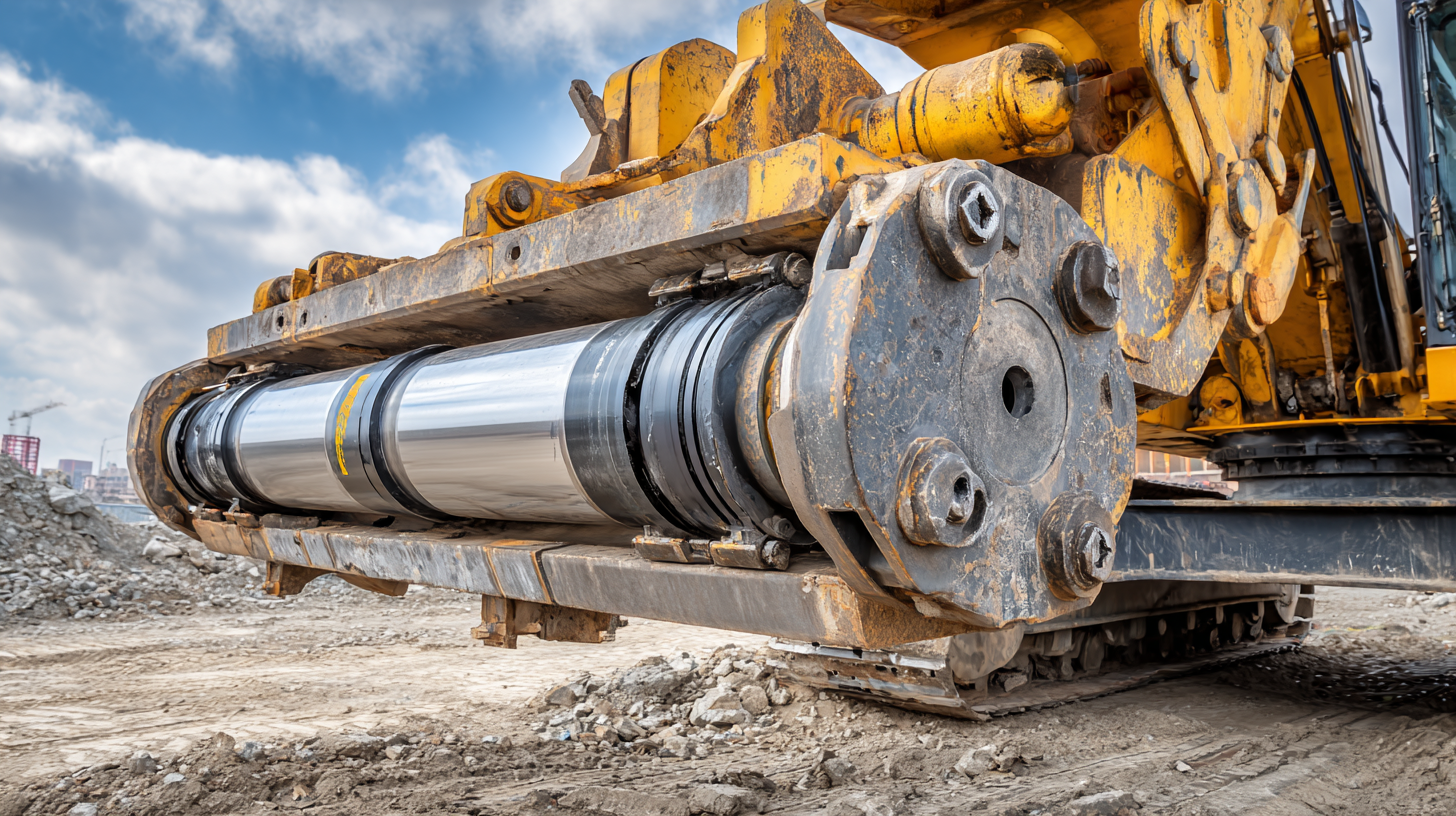
Analyzing the Relationship between Hydraulic Efficiency and Construction Productivity
The advancements in excavator hydraulic cylinder technology have significantly enhanced hydraulic efficiency, directly impacting construction productivity. Hydraulic cylinders are the backbone of excavators, allowing for powerful movements and precise control. Improved designs and materials not only reduce the weight of these cylinders but also increase their operational efficiency, leading to faster cycle times and reduced fuel consumption. As a result, machinery capable of greater responsiveness and strength allows operators to perform tasks more quickly, leading to an overall boost in productivity on construction sites.
Moreover, the relationship between hydraulic efficiency and construction productivity extends beyond mere speed. Efficient hydraulic systems can minimize downtime due to maintenance and repairs, thus ensuring smoother operation throughout a project. The integration of smart technology, such as pressure sensors and automated control systems, further enhances this relationship by optimizing hydraulic performance in real-time. Such innovations lead to increased accuracy in tasks, reduced wear and tear on machinery, and lower operational costs, all of which contribute to a more productive construction environment.
Maximizing Efficiency: The Impact of Excavator Hydraulic Cylinder Technology on Construction Productivity
This chart illustrates the relationship between hydraulic efficiency and construction productivity. The data reflects the productivity gains observed from the implementation of advanced hydraulic cylinder technologies in excavators.
Best Practices for Maintenance of Hydraulic Cylinders to Ensure Longevity
Hydraulic cylinders play a crucial role in the performance of excavators, contributing significantly to construction productivity. According to a recent report by the Association of Equipment Manufacturers, well-maintained hydraulic systems can enhance machine efficiency by up to 20%. This emphasizes the importance of implementing best practices for maintenance, which not only ensures the operational efficiency of machinery but also extends the longevity of hydraulic components.
Regular inspections and preventive maintenance are vital to maximizing the lifespan of hydraulic cylinders. This includes checking for leaks, ensuring proper fluid levels, and examining seals and hoses for wear. The Construction Equipment Association cites that a proactive maintenance strategy can reduce repair costs by 30%, underscoring the economic advantages of routine care. Additionally, using high-quality hydraulic fluids and keeping the system clean can help prevent contamination, a leading cause of premature cylinder failure. Following these best practices not only boosts productivity but also solidifies the foundation for reliable excavator performance on construction sites.
Future Trends in Excavator Hydraulic Technology and Their Implications
The future of excavator hydraulic technology is poised for transformative advancements that promise to significantly enhance construction productivity and efficiency. As the global excavator market is predicted to grow from approximately $1.3 billion in 2024 to $2.2 billion by 2033, with a compound annual growth rate of around 6.1%, the evolution of hydraulic systems will play a crucial role in this expansion. Emerging trends suggest that innovations in hydraulic cylinder design and materials will lead to improved performance and reduced operational costs, making excavators even more indispensable on construction sites.
Moreover, the push toward electric excavators is revolutionizing the sector, aligning with environmental sustainability goals. These machines offer numerous advantages, including zero emissions and lower noise levels, enabling construction firms to adopt greener practices without sacrificing operational efficiency. As the global industrial hydraulic equipment market is also anticipated to grow, reaching $35.9 billion by 2030, the synergy between hydraulic advancements and electric technology underscores a significant shift in the industry, emphasizing collaboration among all stakeholders in the supply chain to facilitate these developments.
Related Posts
-
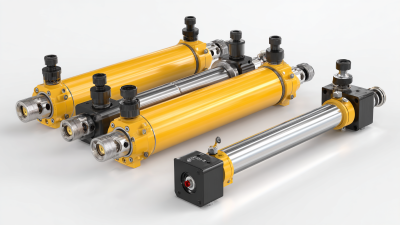
Understanding the Best Hydraulic Oil Cylinder Types for Your Needs
-
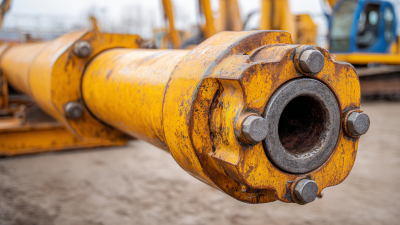
Ultimate Guide to Choosing the Right Hydraulic Cylinder for Excavators with Key Specs and Tips
-

Top Strategies for Enhancing Performance of Hydraulic Oil Cylinders
-

Hydraulic Cylinder For Trailer Common Issues Impacting Performance and Longevity
-

7 Solid Reasons to Choose Hydraulic Oil Cylinders for Your Industrial Needs
-

Ultimate Guide to Understanding Hydraulic Cylinders for Excavators in Global Markets
